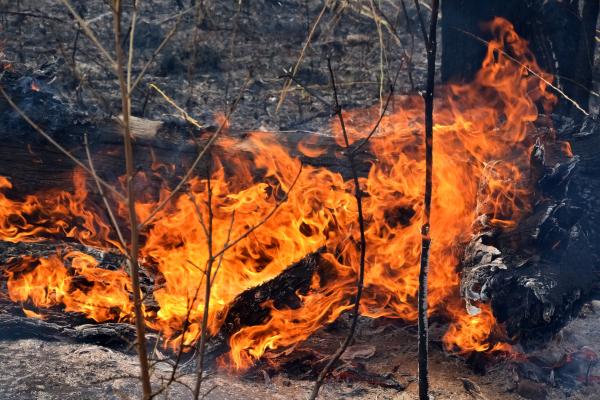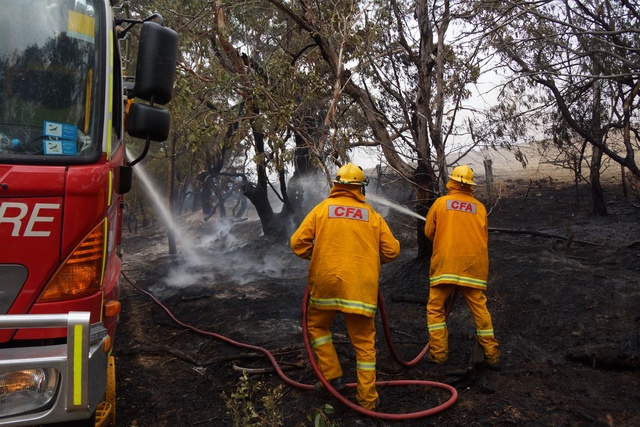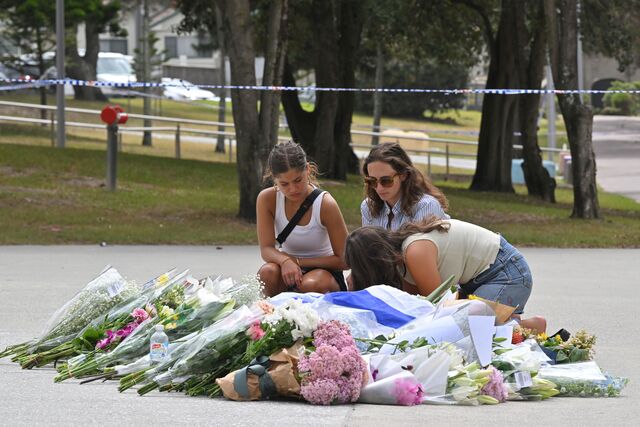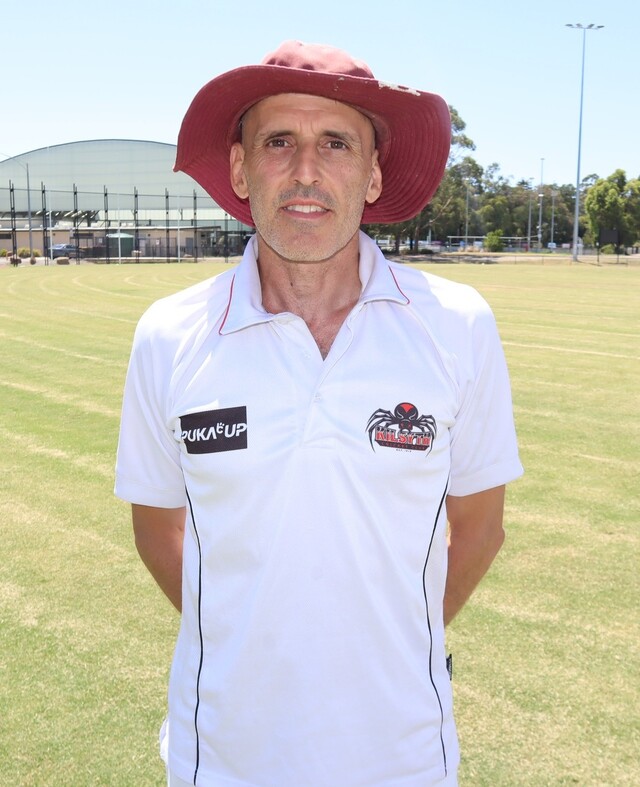Former Victorian Chief Fire Officer, Ewan Waller, has called for an urgent national approach to fighting bushfires, labeling the three most recent bushfire inquiries conservative and inadequate.
“Bushfire is now a national issue and it’s got to be approached that way. What we need is really strong direction and policy, built largely around prevention, not response,” said Mr Waller, who has more than 40 years’ experience as a forester.
“What we wanted was table-thumping national direction and agreement on fire management, but we did not get it – just housekeeping and the status quo. Better communications, better equipment, will make a difference, but not the big difference we are looking for.”
Mr Waller, who lives near Dargo in East Gippsland, was giving an address via Zoom on Tuesday 12 October to the national conference of the Institute of Foresters of Australia/Australian Forest Growers in Launceston.
“There must be leadership across all fronts. Nationally, the North and the West have got their act together, but we still have this chronic problem in the south-east,” he said.
Mr Waller said the report by the Forest Fire Management Group through COAG (Council of Australian Governments, now National Cabinet), was accepted by the states in 2014.
“That still stands. The principles have not changed one inch. It was unashamedly about prevention and preparedness That policy, which was adopted by the federal, all state and territories, has never been properly enacted,” he said.
“That’s what we were looking from the (NSW, Victorian and federal) inquiries – to enact that policy. None of them did.”
Mr Waller said what was needed was a strong policy decision to break through the inaction, like Justice Stretton’s inquiry into the 1939 bushfires, and the big policy direction that former Prime Minister John Howard put in place for gun control. “There is a parallel needed for fire if we are going to make a difference,” he said.
Mr Waller acknowledged improvements on the interface between developed areas and the bush. In Victoria and NSW, more money would go into such protective work.
“What worries me is the Back Country – all the country behind there, which is where the fires are coming from. These fires that came down the forest – most came from the remote country, from the parks and forests. Unless you treat that and manage that for fire, the problems will be ongoing,” he said.
“If you don’t get fire right, everything else is at risk – all the other good work such as recreation redevelopments, regenerating logging coupes, all environmental values, our clean water, the stored carbon in the forest.”
How will the Back Country be handled? “No one is answering that. It needs a sensible but large burning program. It has to happen fairly soon – the regrowth is happening now. Within three-to-five years, there will be a massive fire scape that we have to manage, or we will be back to where we were. People have got the answer, but have we the fortitude to do it?”
He criticised academics who were “chasing logging” when fire had a far more damaging impact than timber harvesting ever did.
Science, which provides evidence-based answers, was being devalued by scientists who “cherry pick” arguments. “No wonder governments and the community are confused about which way to go,” he said.
Mr Waller said climate change was making fire-fighting more difficult.
It was becoming hotter and drier – the south-east was hotter now compared with the 1950s – but was a longer-term issue, he said.
Climate change was in fact a reason to do more fuel reduction burning to try and safeguard the forest.
Mr Waller said we were in a conservative, risk-averse era.
“That feeds into the politics. We have a stalemate, no action. Governments won’t move until pushed,” he said.
There was also a heightened anti-burning movement, with recent protests in East Gippsland.
“The workers thought they were helping the community, but these people were turning on them. It is a real concern,” he said.







